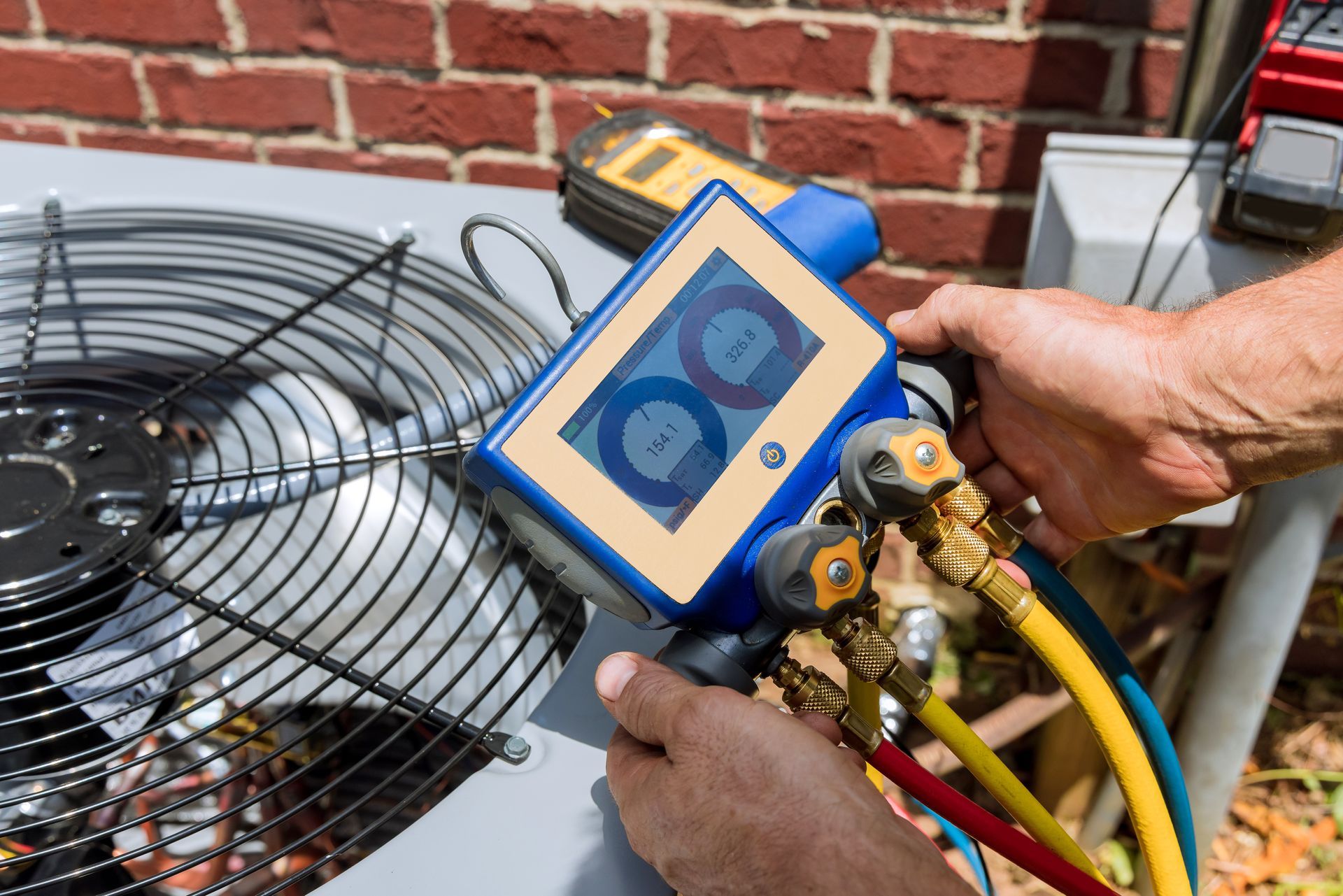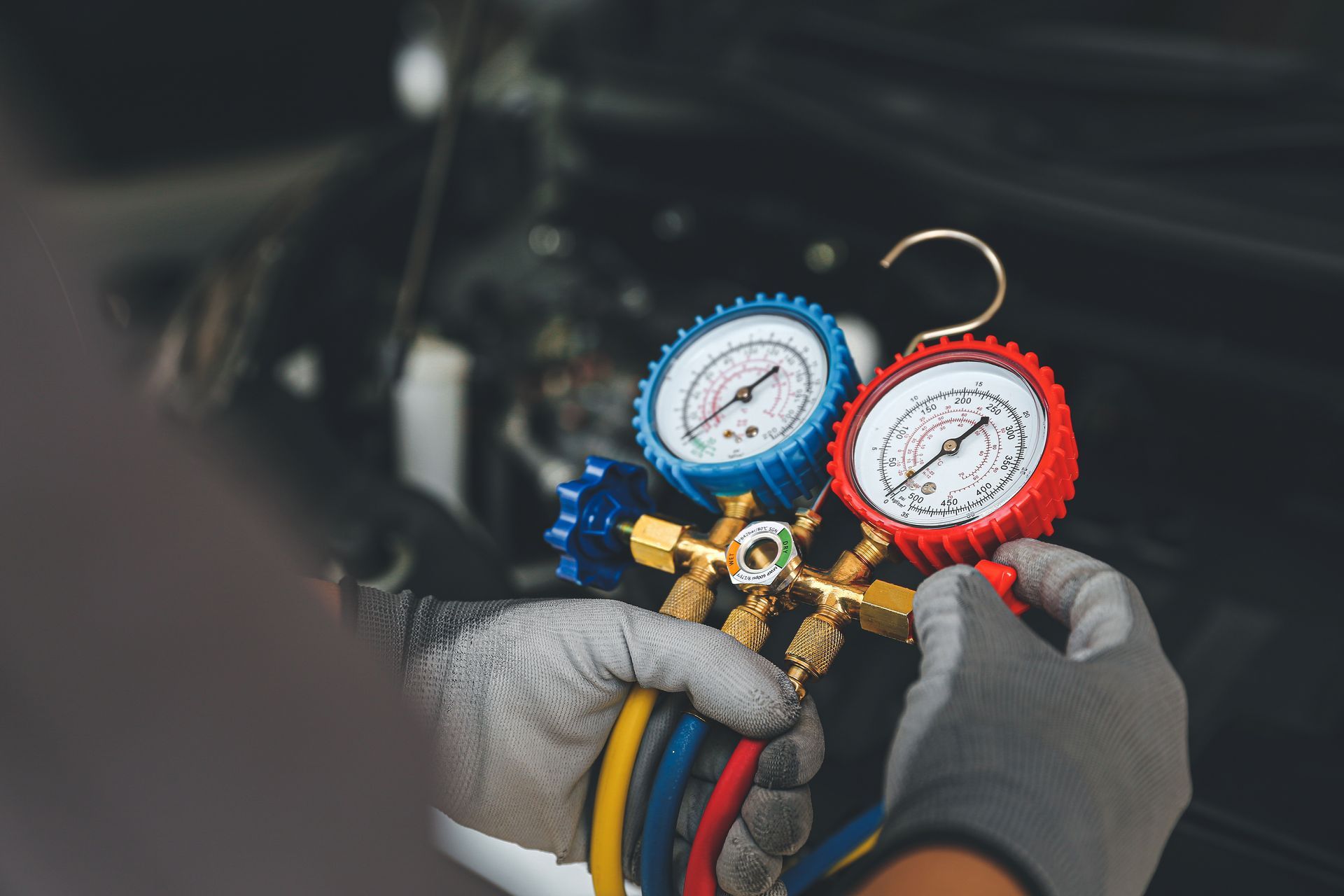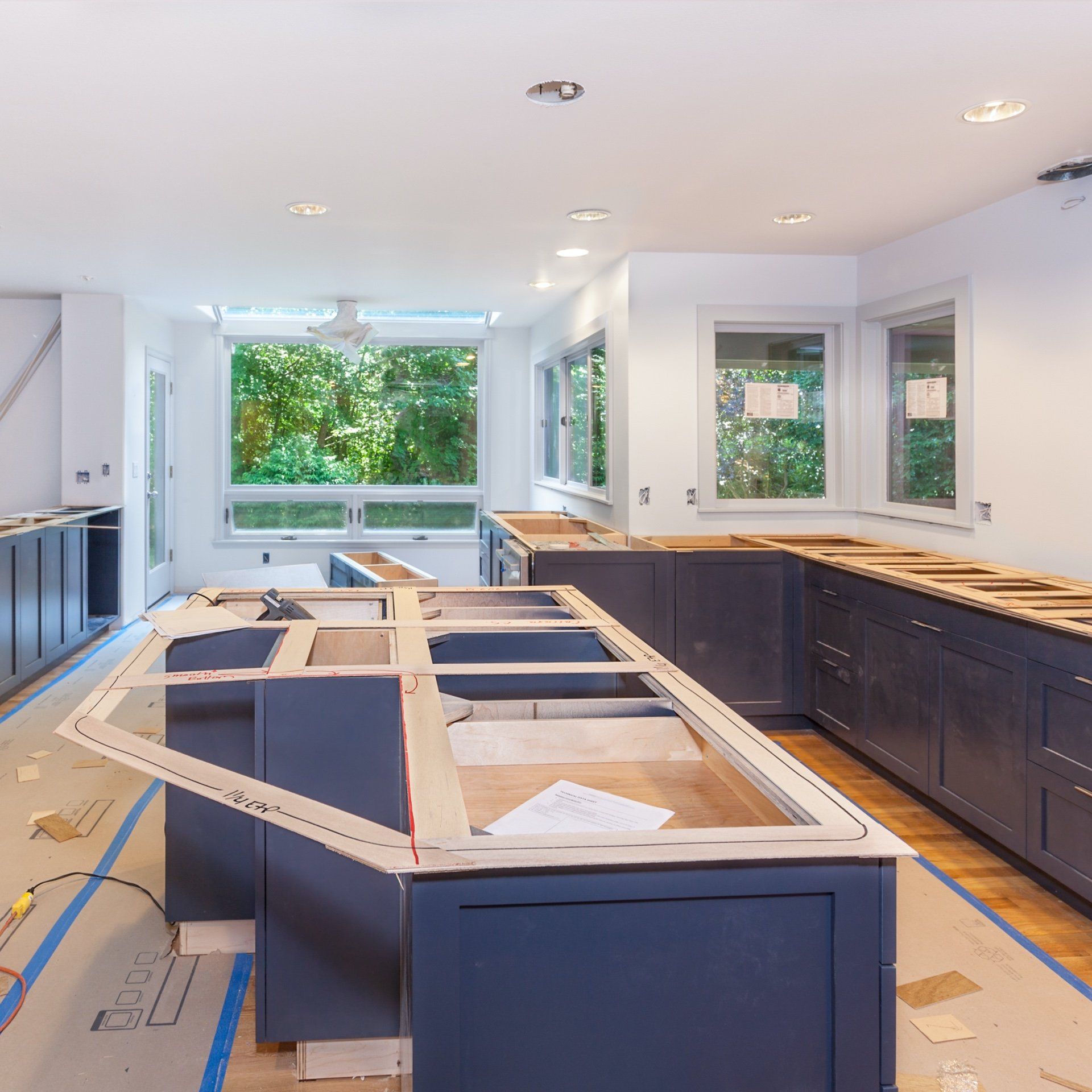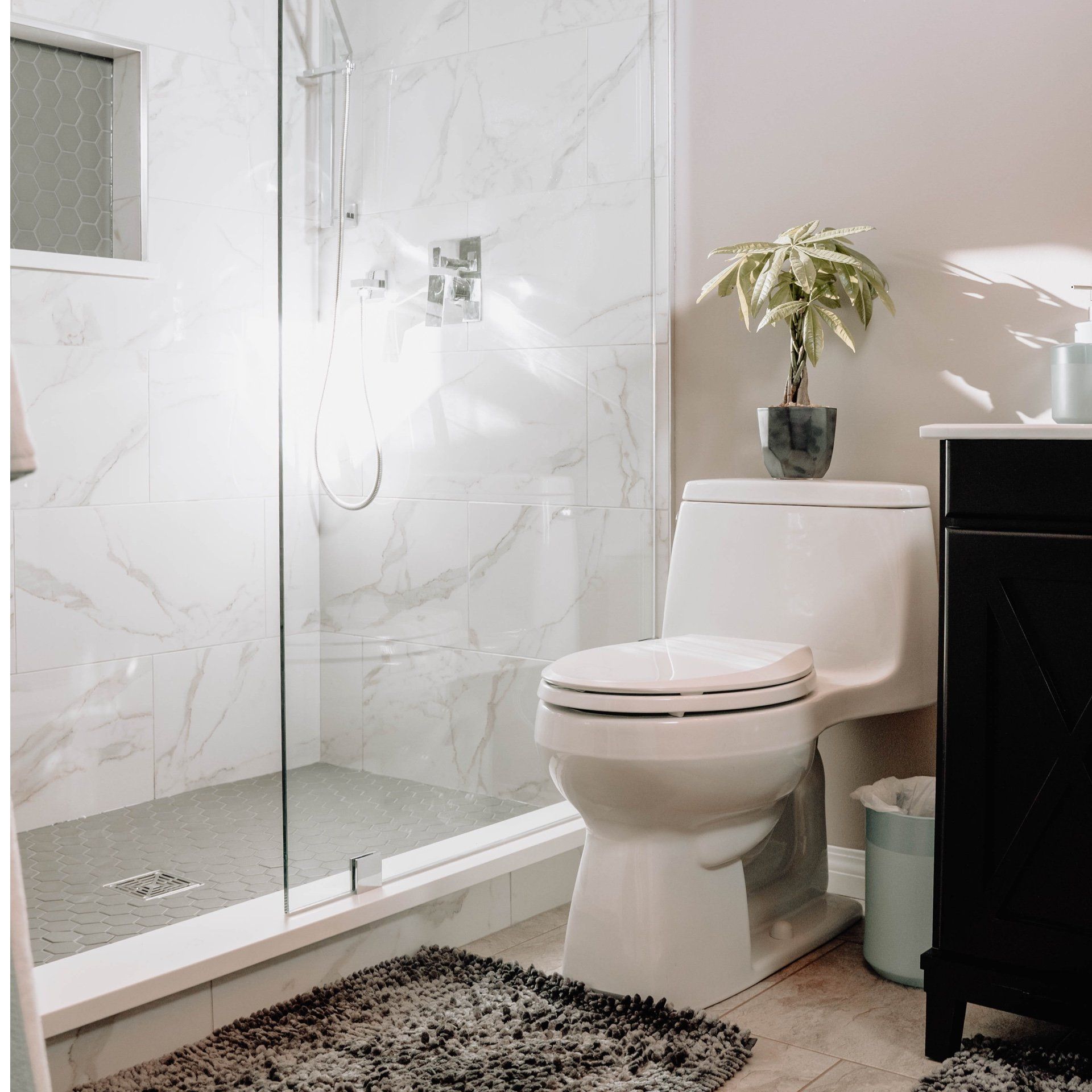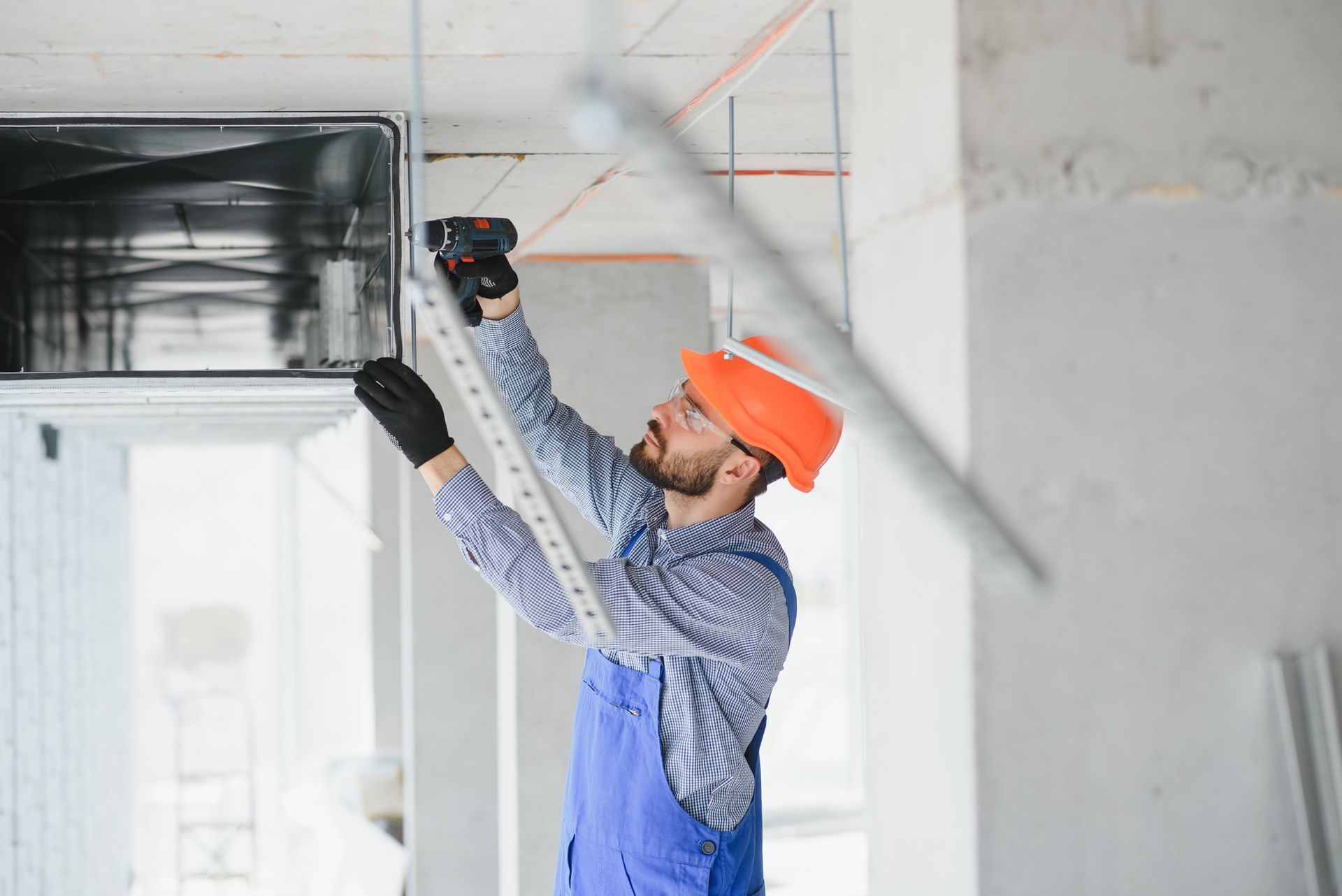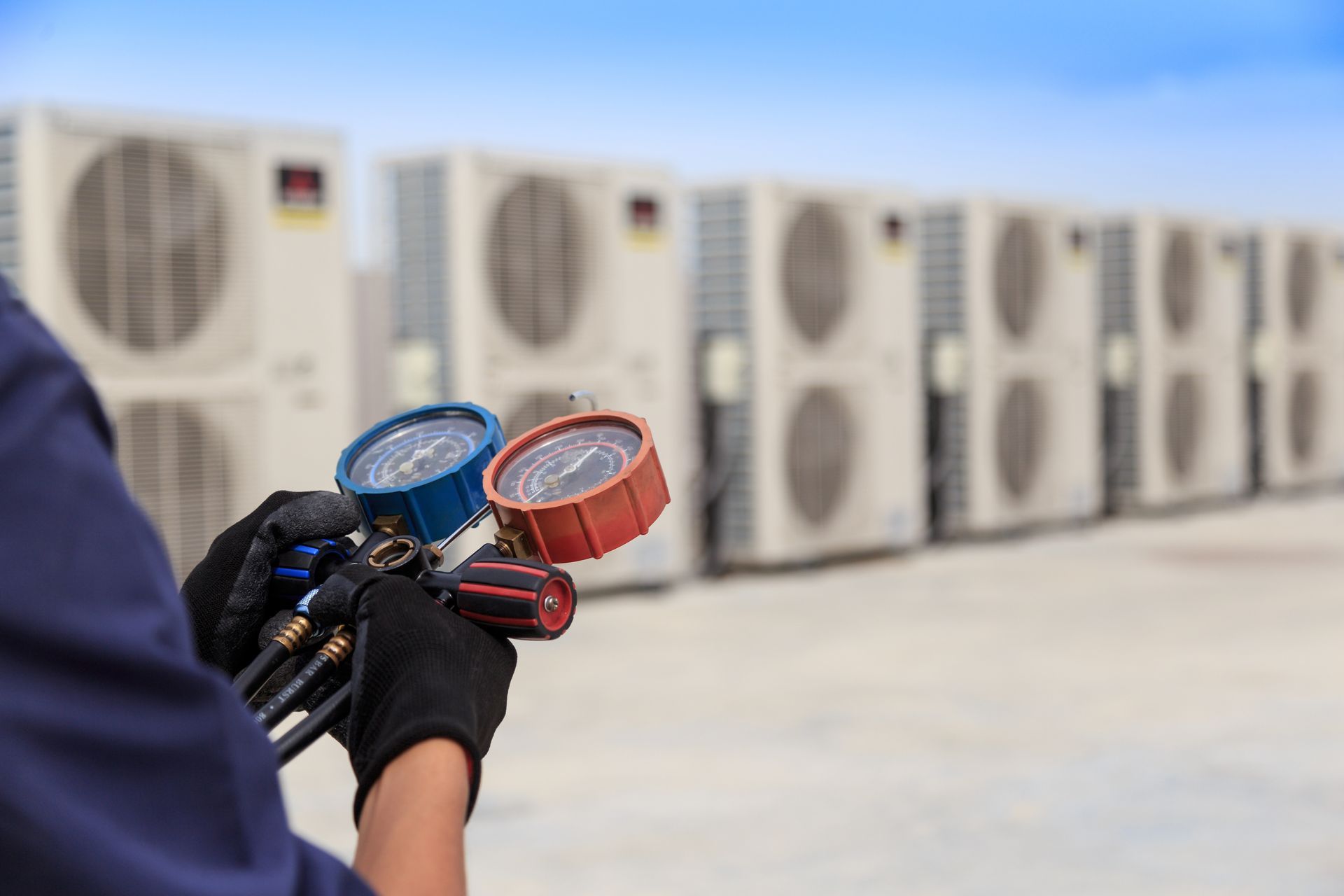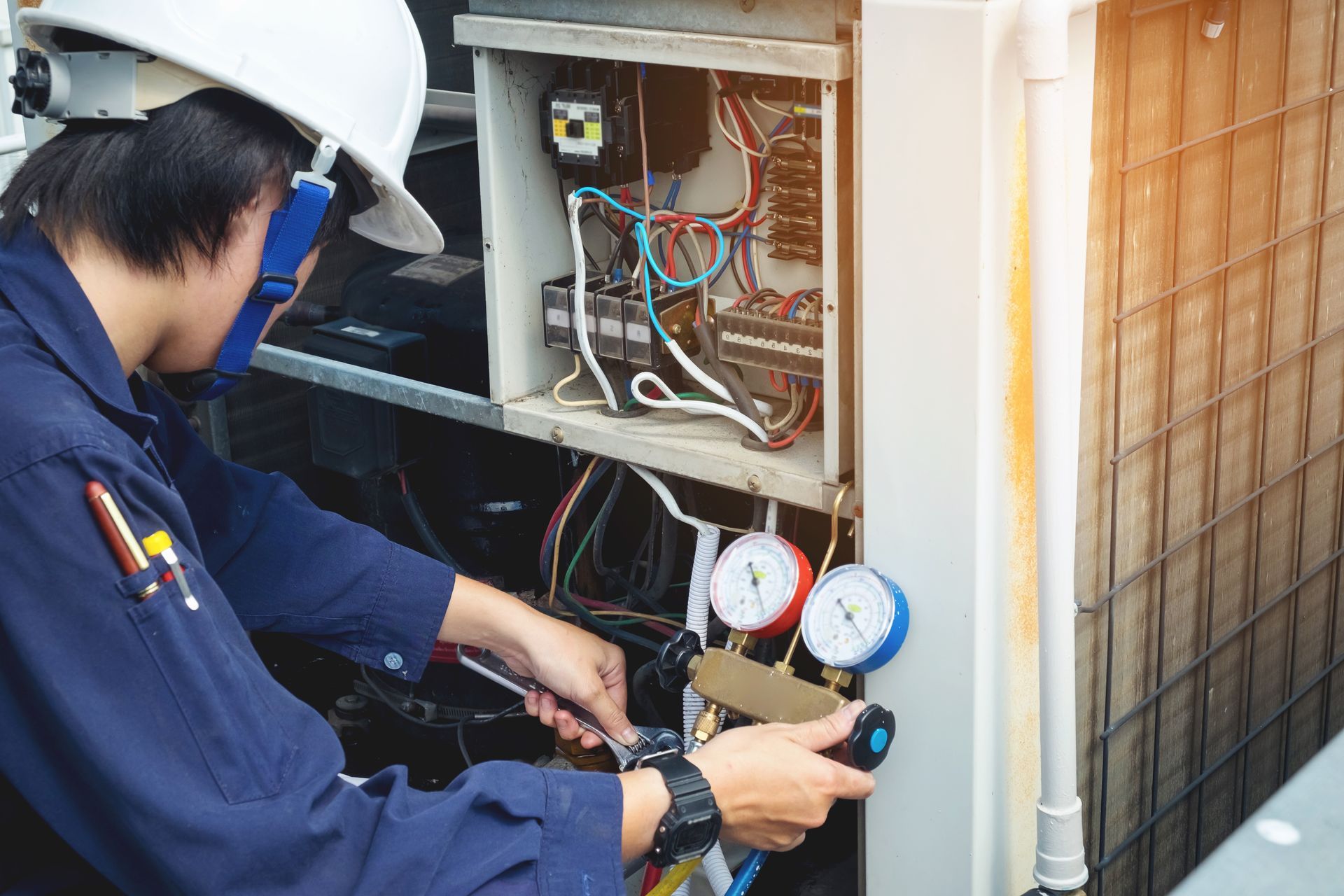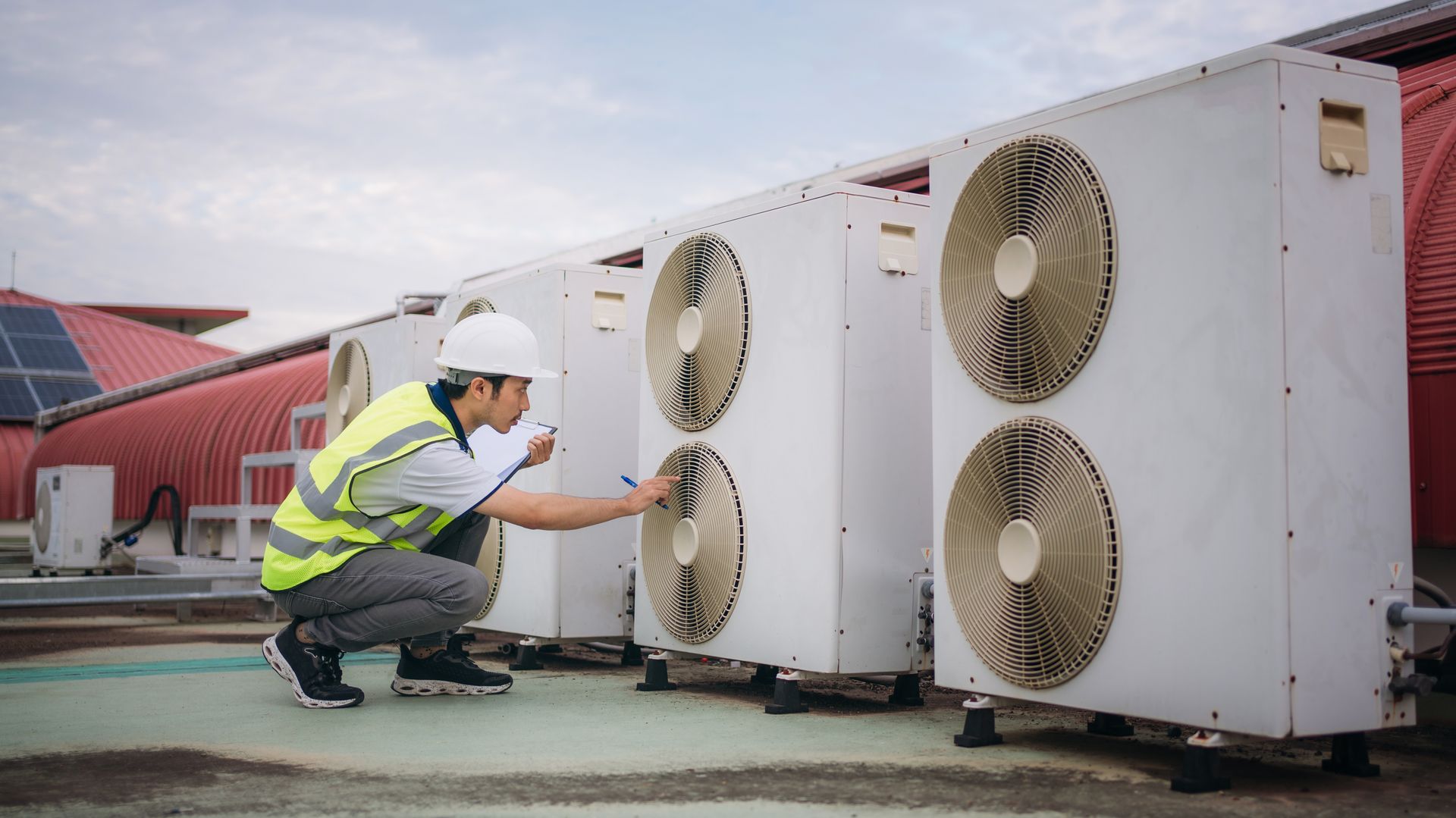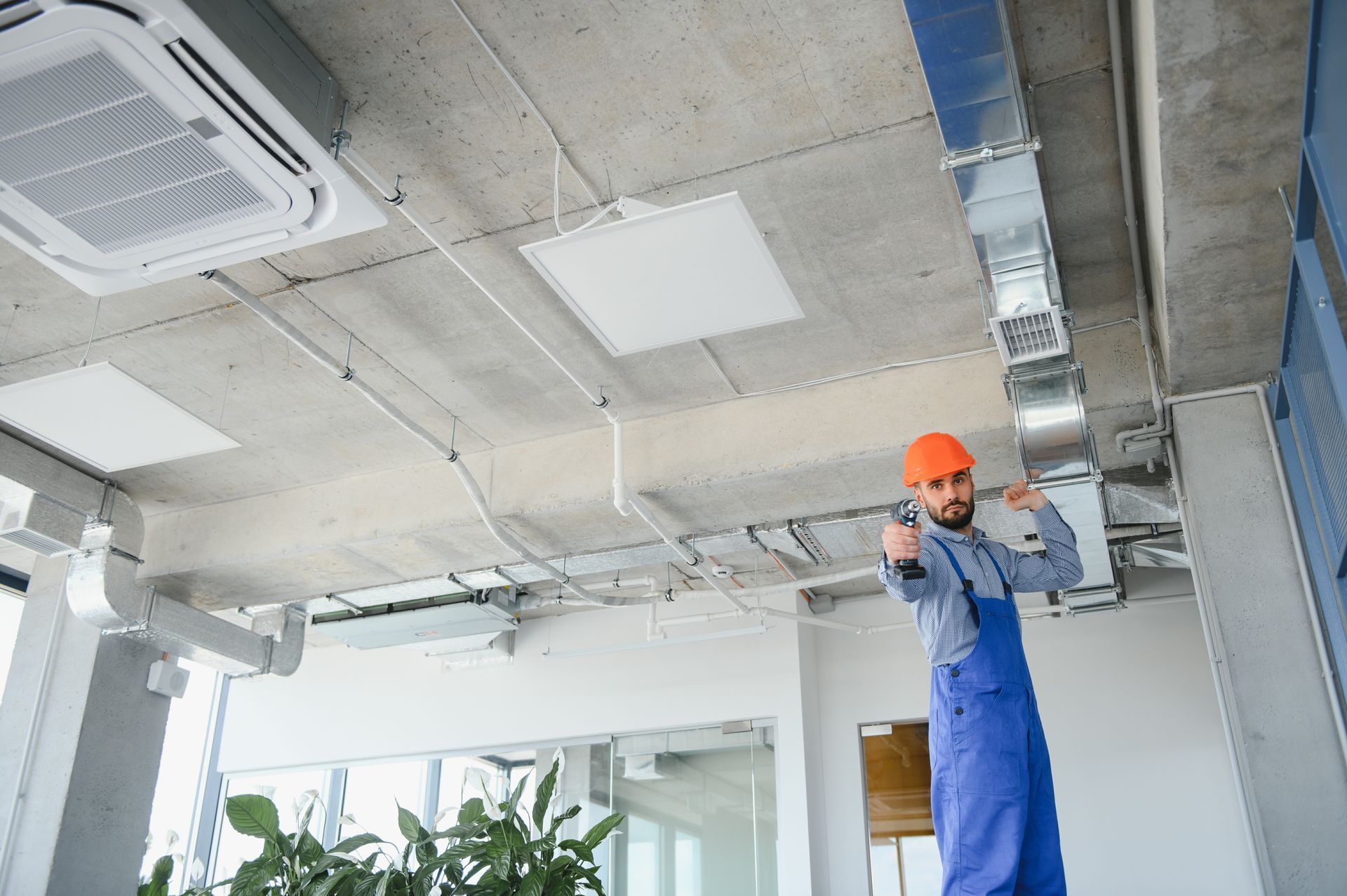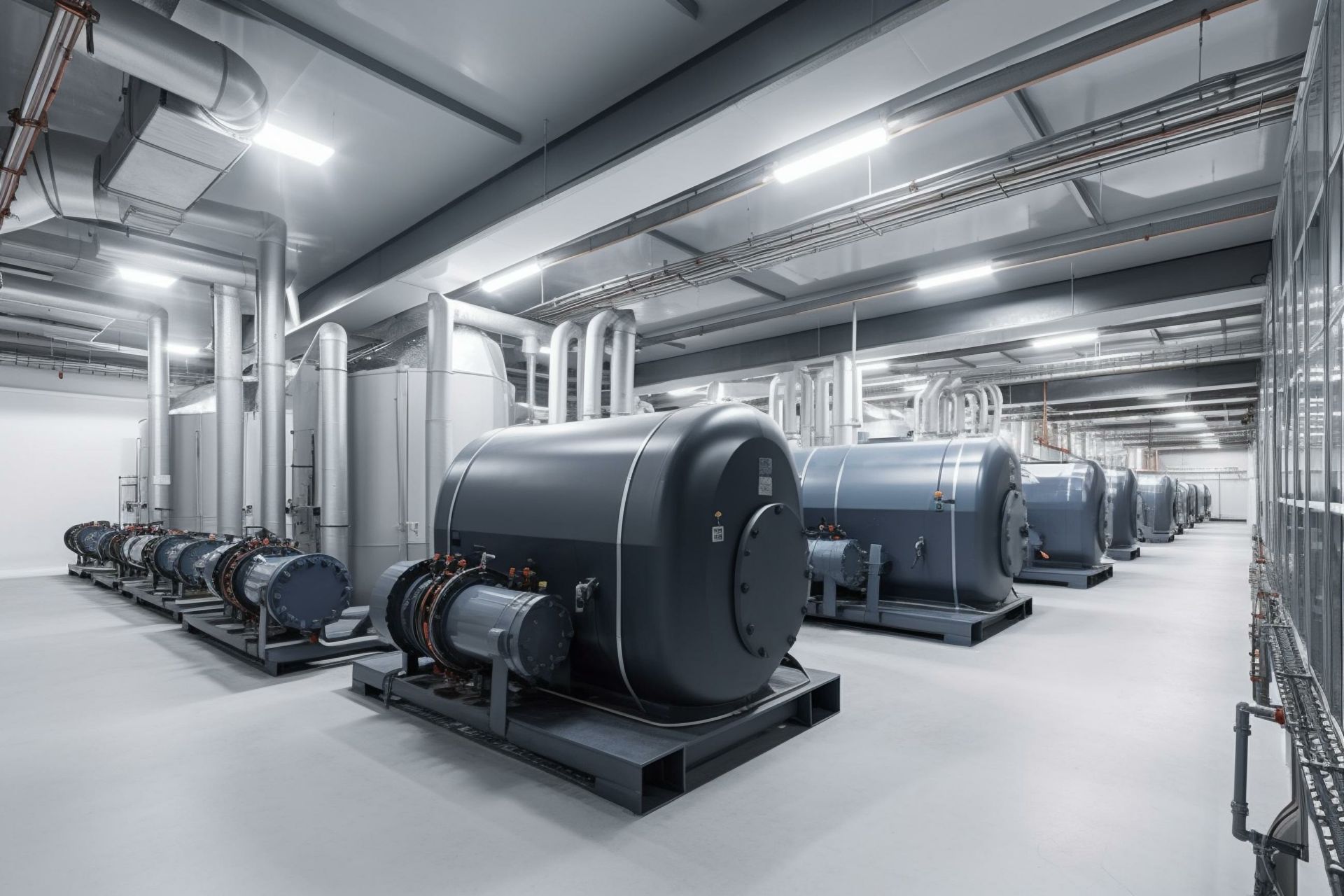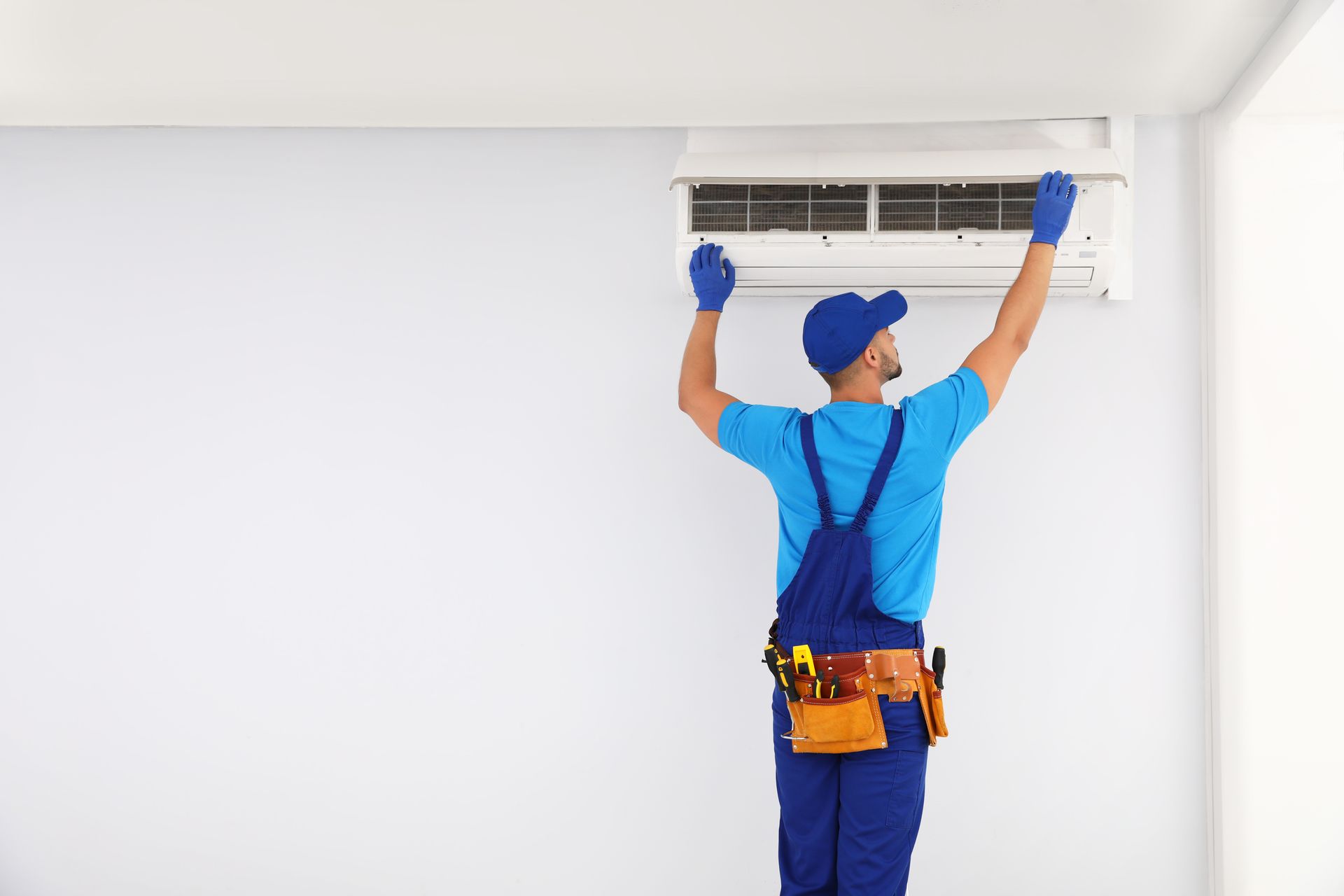How Heat Exchangers Work: The Key Role in HVAC Systems
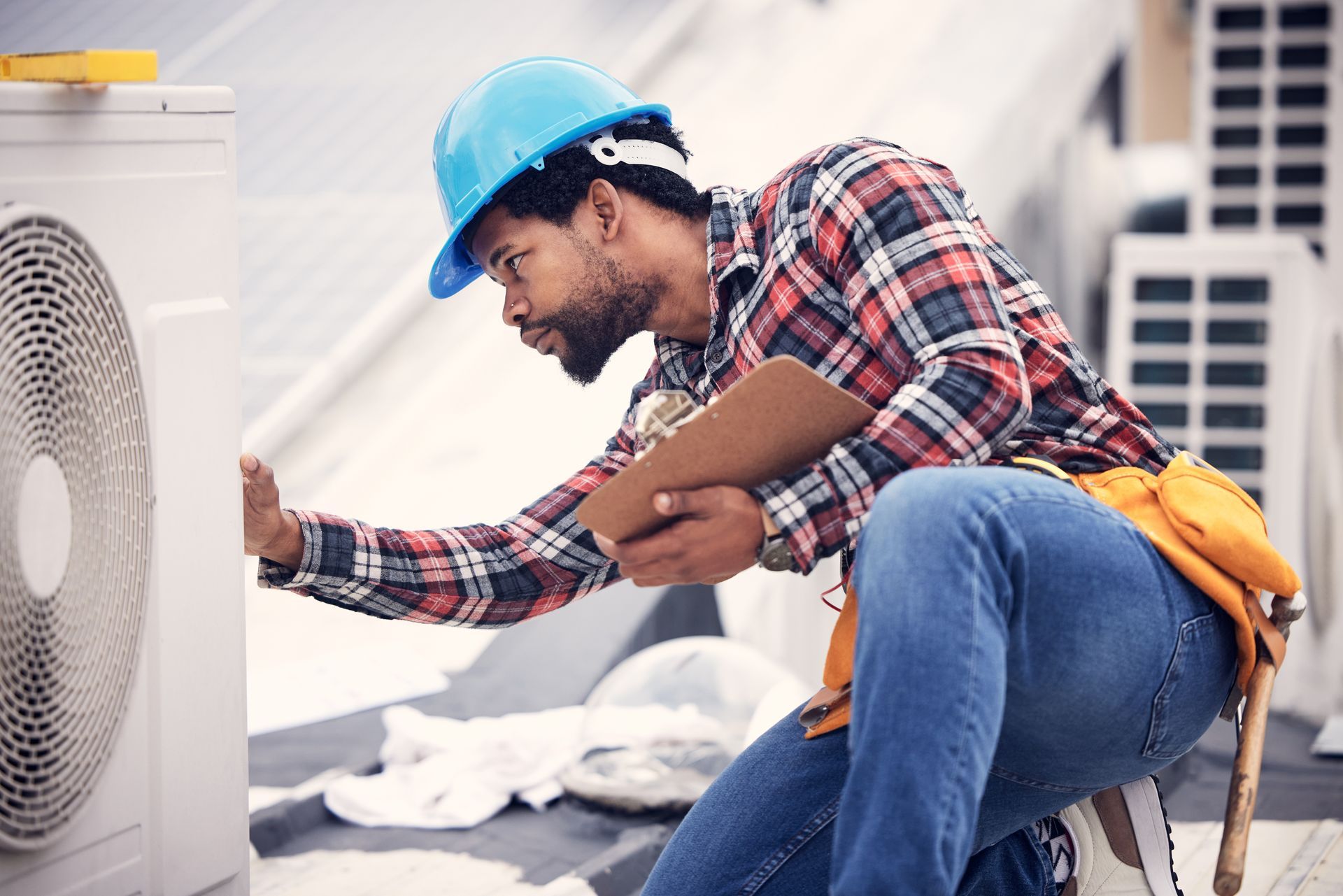
Understanding the Vital Components of Your HVAC System
Whether you're trying to keep your home warm during a frosty Washington, D.C. winter or cool during a humid summer, it's your HVAC system that you rely on. And one critical, albeit often overlooked, component of this system is the heat exchanger. It's the workhorse, responsible for the actual transfer of heat, making it integral to the operation of your HVAC system.
Deciphering the Mechanics of a Heat Exchanger
The heat exchanger is essentially a network of tubes or coils that absorbs heat from the combustion gases produced by the furnace's burner. As the warm air from the burner gases flows through the exchanger, the heat is transferred to the cooler air supplied by your home's return air ducts. Then, the furnace's blower fan pushes this now-heated air into the supply ductwork, distributing it throughout your home.
In an air conditioner or heat pump operating in cooling mode, a similar process occurs but in reverse. The refrigerant in the system absorbs heat from the indoor air and then releases it outdoors, effectively cooling your home.
Efficiency and Safety: The Heat Exchanger's Dual Role
While the primary function of the heat exchanger is to transfer heat, it also serves an equally important safety role. It separates the toxic combustion gases from the indoor air circulating through your home. If a crack or leak develops in the heat exchanger, these harmful gases, including carbon monoxide, could leak into your home, posing a serious health risk.
Professional Maintenance Versus DIY: The Importance of Expertise
Given the crucial role heat exchangers play in your HVAC system, their maintenance is not something to be taken lightly. While some HVAC maintenance tasks, like replacing air filters, can be safely performed by homeowners, heat exchanger maintenance is a job best left to professionals.
Professionals not only have the necessary training to perform a thorough inspection of the heat exchanger for any cracks or leaks, but they also have specialized equipment to test the system safely and accurately. The process can involve visually inspecting the exchanger, conducting a smoke test to find subtle leaks, or using electronic equipment to detect carbon monoxide.
On the other hand, attempting to inspect or repair a heat exchanger on your own could result in overlooking a small crack or improperly handling the components. This could lead to a potentially dangerous situation if toxic gases are allowed to leak into your home. Additionally, untrained handling could lead to further damage to the unit, resulting in more costly repairs or even a full system replacement.
Contact the Professionals for Your HVAC Needs
Understanding the intricacies of how your HVAC system and its components work, including the heat exchanger, can help you appreciate the expertise that professionals bring to its maintenance. Remember, an efficient and safe HVAC system is key to your home's comfort and your family's health.
If you have any concerns about your HVAC system or believe your heat exchanger may need an inspection, don't hesitate to reach out to us. Visit our "Contact" page to get in touch with one of our seasoned HVAC professionals today. We are here to ensure that your HVAC system continues to operate efficiently and safely, providing the comfort you rely on in your home.
